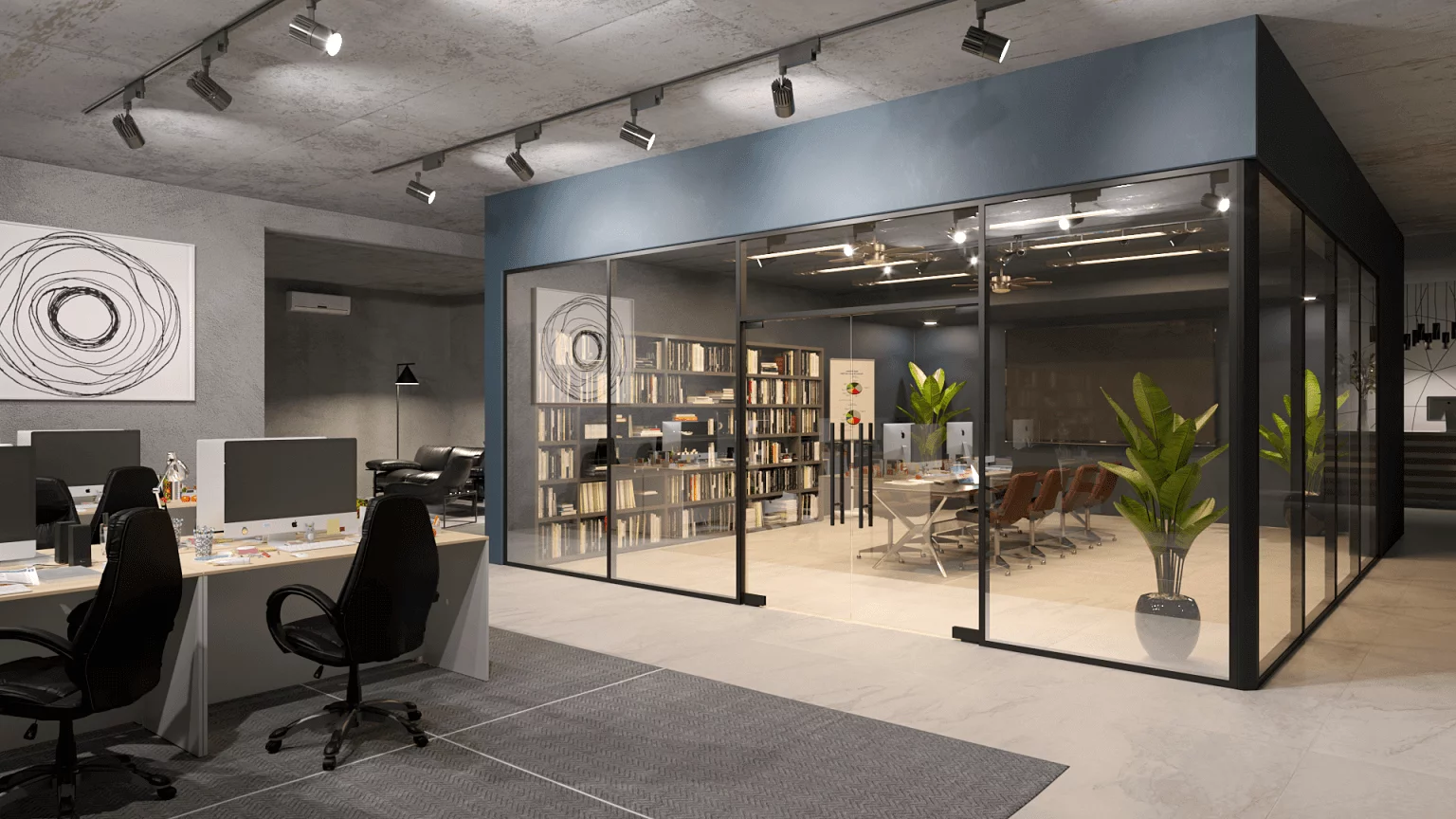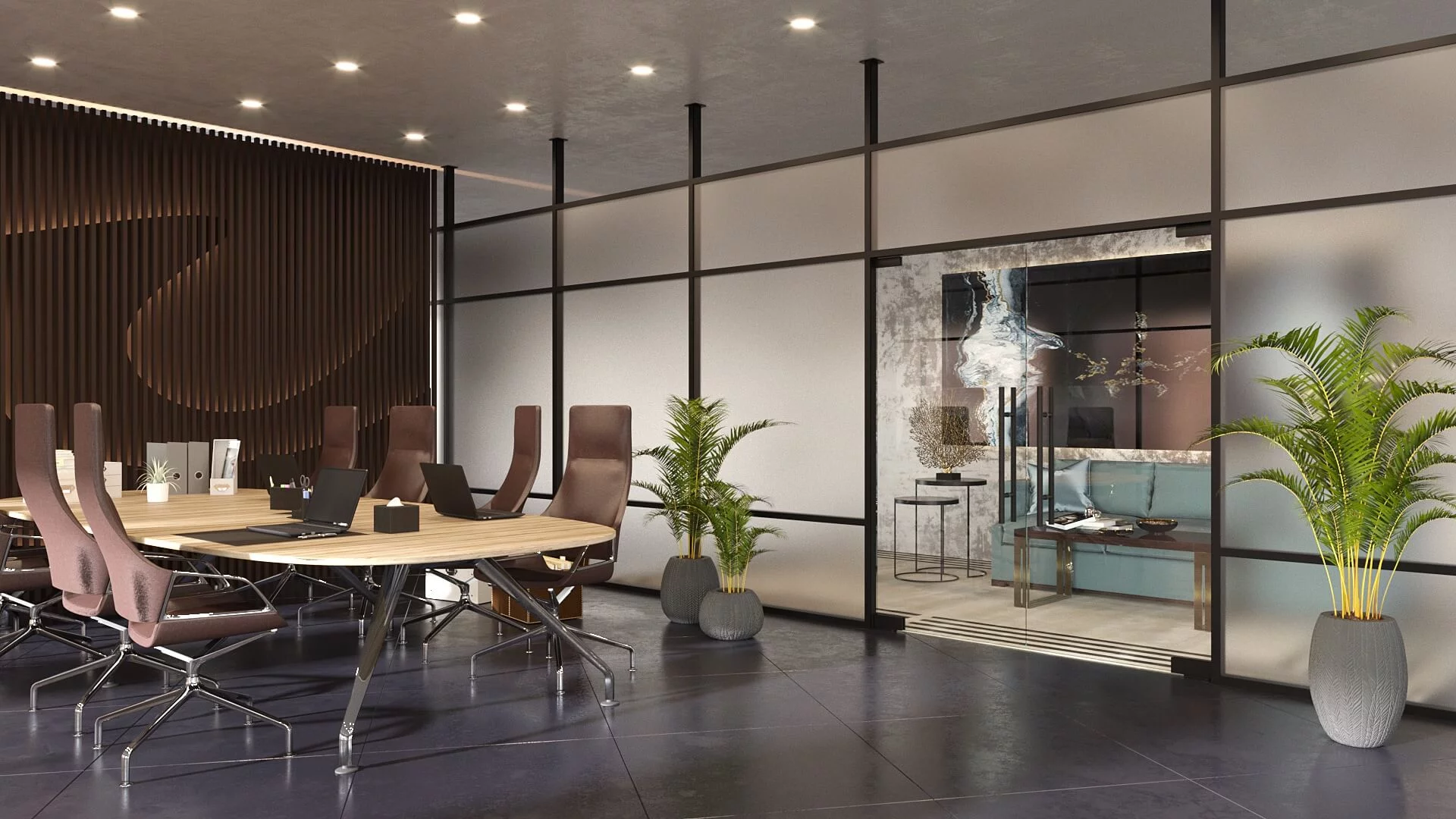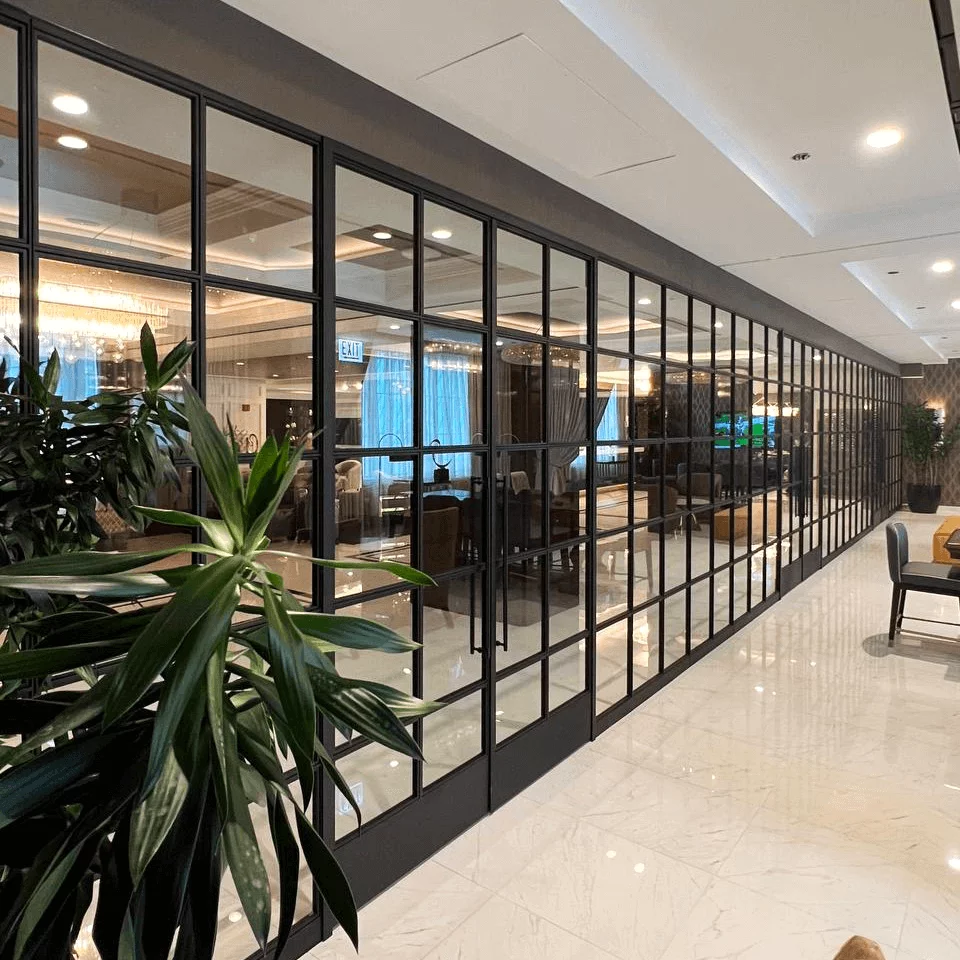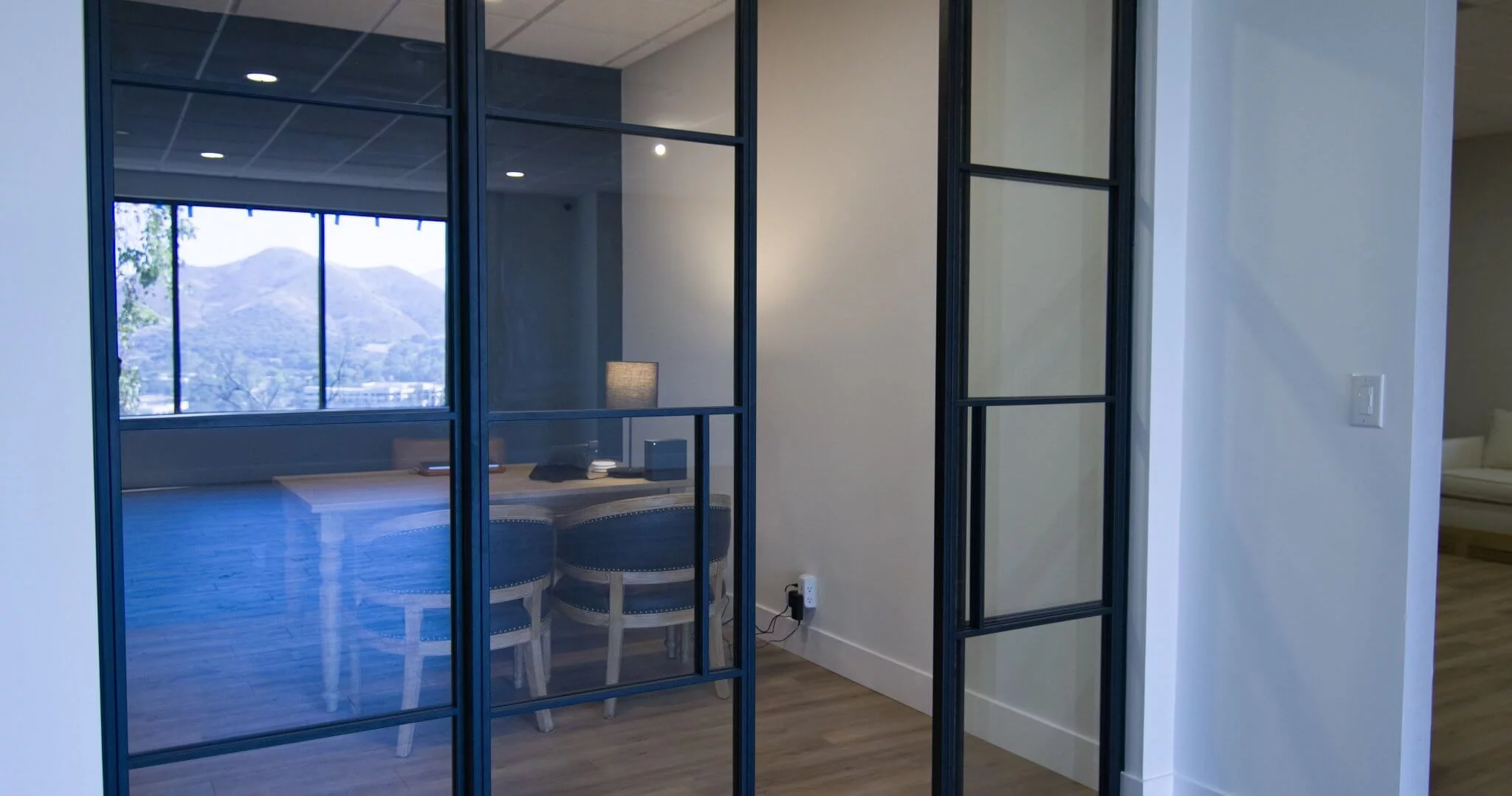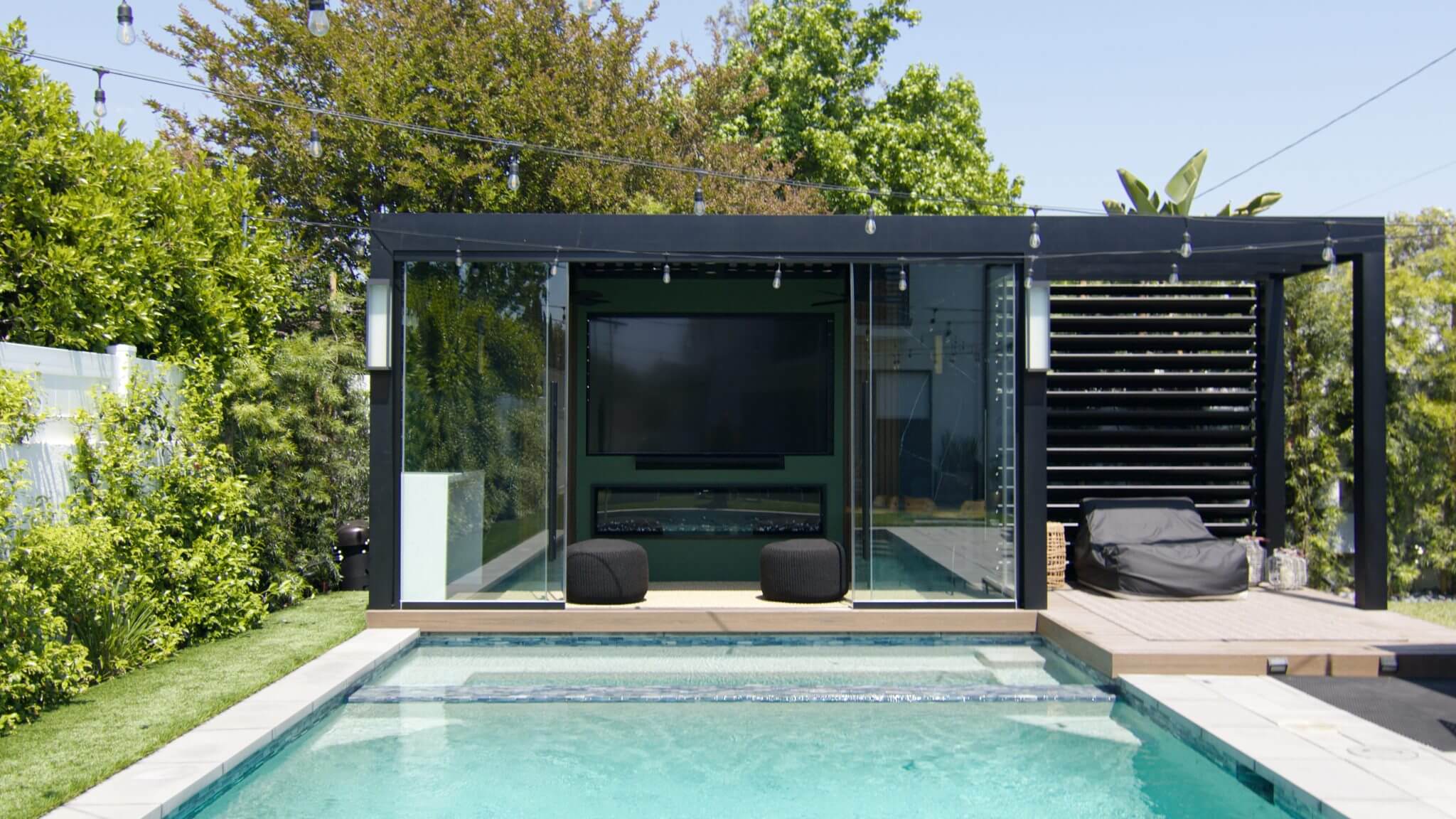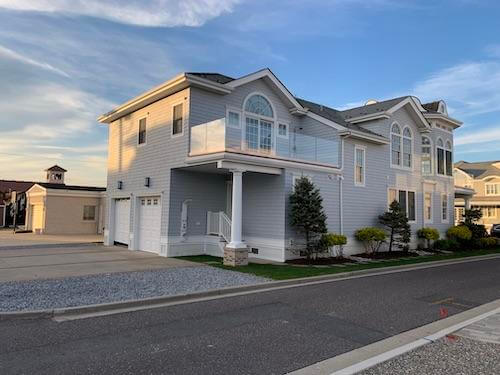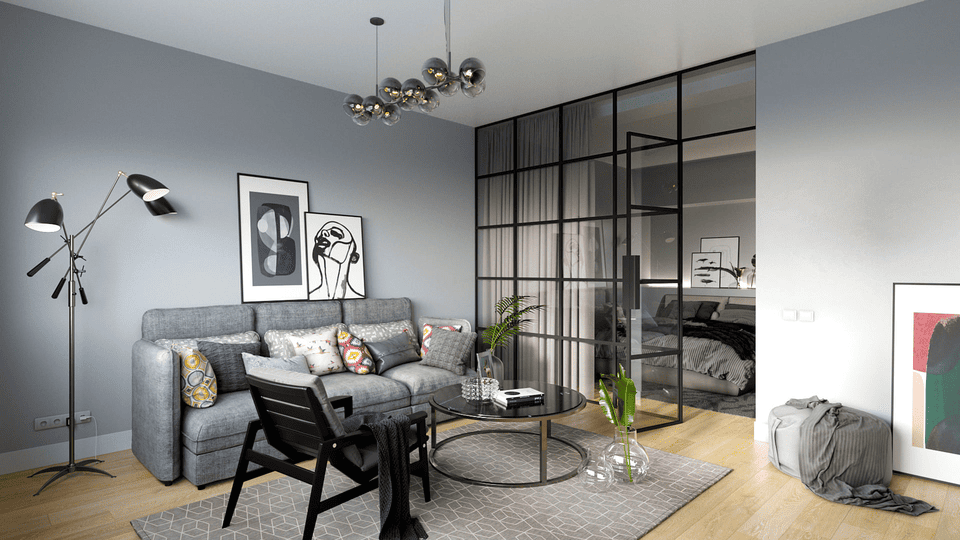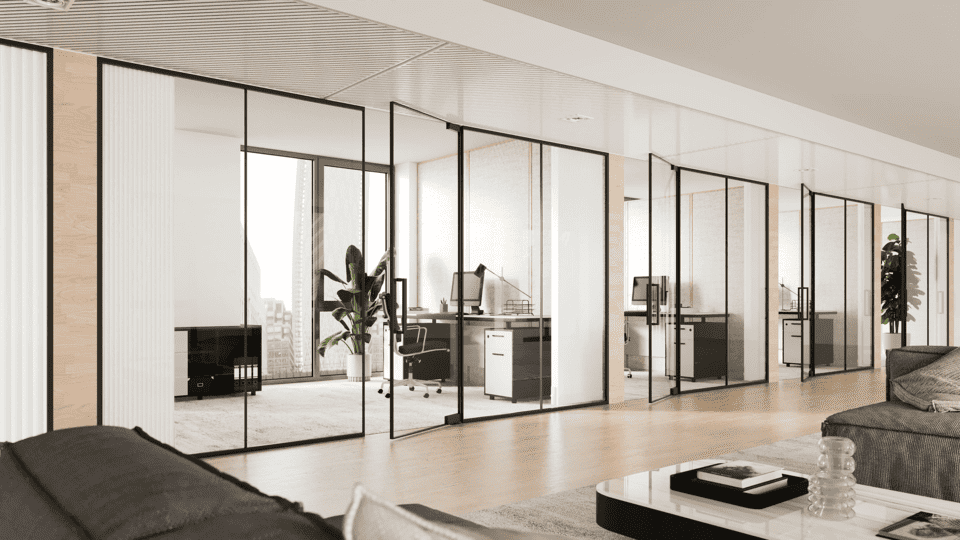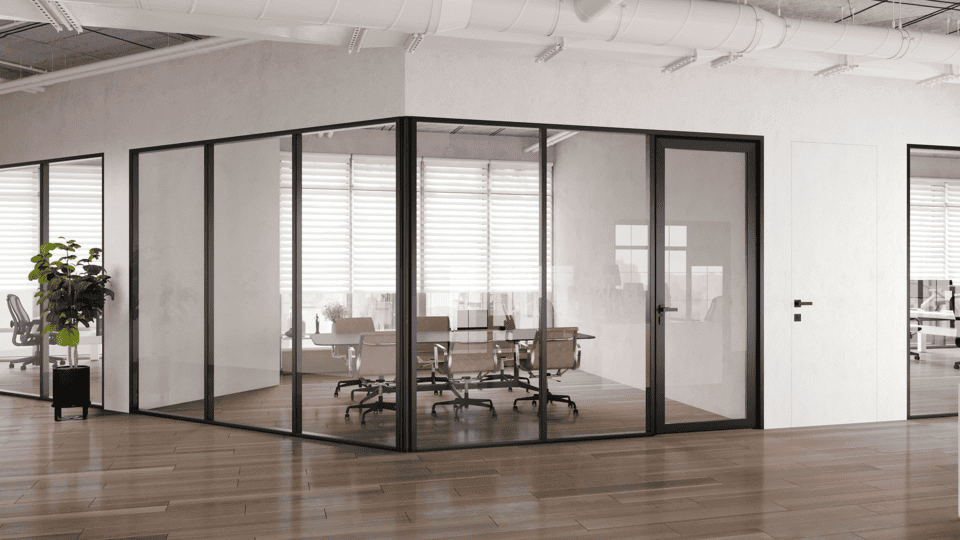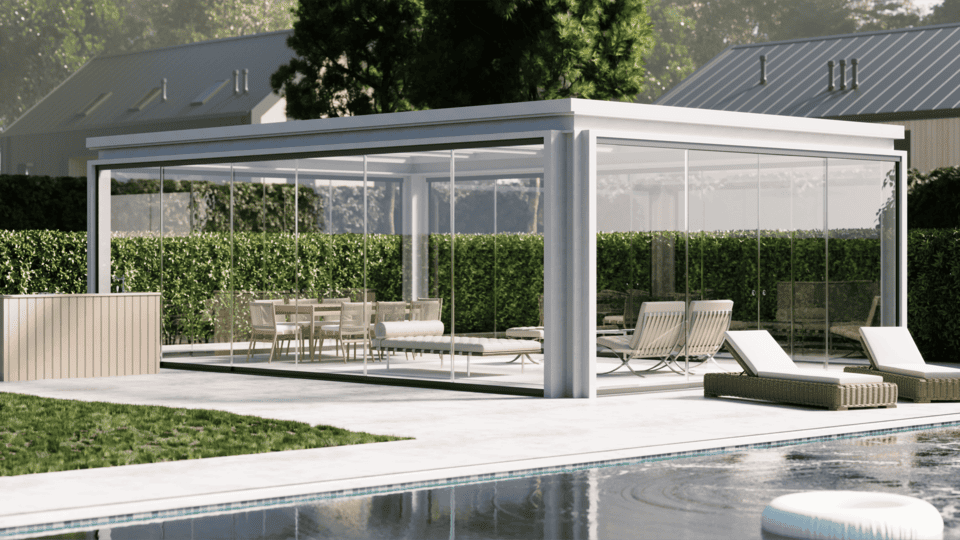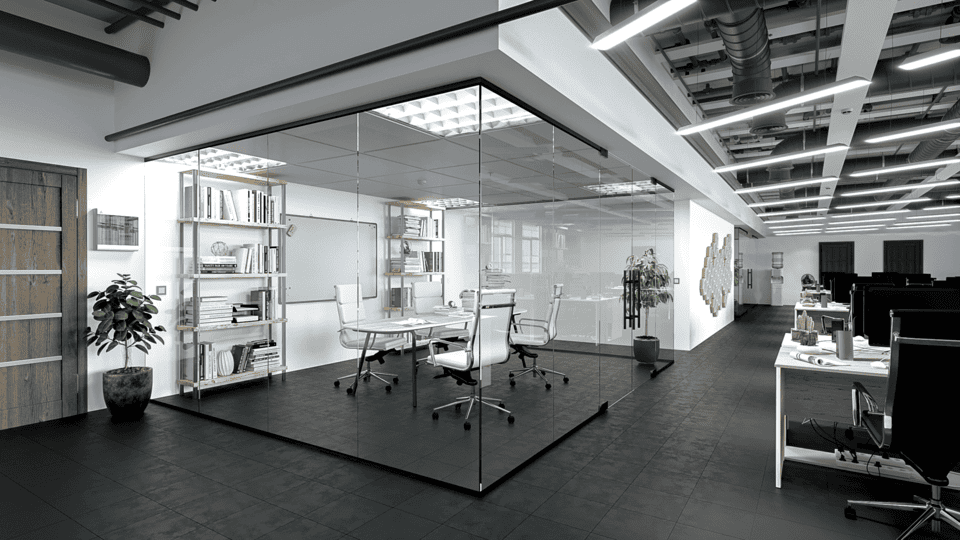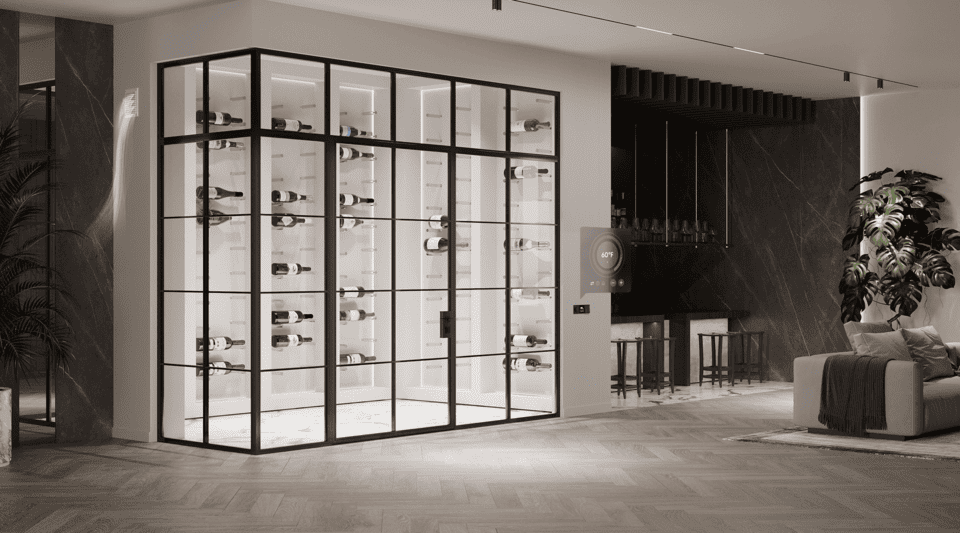Pergola is an element of landscape design, which creates a great place for relaxation.
Some time ago such a word as “pergola” could puzzle most of our clients. However, nowadays these constructions can be found in many backyards, pool areas and commercial spaces. These light canopies not only decorate the outdoor area, but also allow you to arrange a chic place to have a rest and accept guests.
What is pergola?
The word “pergola” takes its origin in Latin. Despite the unusual and beautiful sound, when translated from this academic language, it simply means “canopy”, which it actually is, because pergolas have a lightweight design, originally outlined for protection from the sun. The second classical function is to support climbing plants, like grapes and all kinds of bindweeds.
The first lightweight constructions, protecting from the summer heat, appeared in the middle ages. Over time, the design of pergolas has not changed. Modern minimalist versions consist of a simple frame and a trellised roof. Of course, other much more complex structures can rightly be called decor elements of landscape design.
The purpose of modern pergolas is also no different from their medieval ancestors. Light canopies protect from sunlight, create shade and add to the expansion of your outdoor space. Some pergolas do not have a solid roof, and therefore do not provide protection from precipitation. However, there are options with a full roof, which will protect not only from the sun, but also from rain.
Types of Pergolas
Nowadays pergolas stepped out of the framework of the four pillars and uncomplicated ceilings. Often pergolas are designed to resemble a separate finished structure, rather than a secondary annex building.
There are several basic types of pergolas:
Wall-attached pergola is a canopy, one edge of which is held by its own supports, and the second is fixed to the wall of the building. Roughly speaking, it is an extension to the house. In contrast to the classic canopy with a blind roof, wall pergola retains its main advantage – maximum openness. Thus, it becomes an extension of the interior space of the house, a chic gazebo and a place to relax. Canopies are most often used to protect the car from the sun. These structures do not protect from rain, as they do not have a blind roof. Automatic pergola, which can have aluminium or fabric awnings, is a trend of modernity and is structurally only partly similar to the classic pergolas. The main feature here is the awning, which with the help of electric motors is able to open and close. Such designs are usually supplied with a remote control that helps the owner control the pergola from a decent distance.
Then and now
Modern pergola does not have to be entwined with some plant. Increasingly, this concept means a light canopy that is able to protect from the sun and rain. As a rule, such pergolas are installed close to the wall of the building.
The installation of an easily removable canopy is an excellent solution for summer cafes, country houses, cottages and many other buildings. Modern production of pergolas offers a wide range of materials and structures, among which it is difficult not to find a suitable one. Automatic pergolas stand out from the usual fixed variations.
They are awnings made of fabric or aluminum, which are able to fold and unfold under the action of an electric drive. The fabric strip moves along the rails like blinds on the windows. The roof is controlled from the remote control, which covers the distance of several meters. Many designs support both horizontal and vertical unfolding of the fabric.
Automatic pergola does not necessarily needs to be installed near the wall of the house. You can mount it anywhere on the site, thus creating a great gazebo. The design and colors of different models allow you to choose a style for any landscape design.
The most widespread options for automatic pergolas are wood effect and metal. Wood-effect coloring will give comfort and unique charm to your site. Metal pergolas represent high-tech. They are more suitable for use in urban environments.
In addition to the style of the material, there are varieties of forms. Pergola can be of a classic silhouette or with a predominance of various shapes: oval, angular, angled, etc. The type of awning can also vary from fabric to aluminum.
The advantage of automatic pergolas over conventional fixed options lies not only in the possibility of motor-driven folding and unfolding. The installation of such structure is fast, simple and can boast of very low cost.
Using aluminum and stainless steel components, Crystalia Glass Company creates low maintenance product that lasts long and looks gorgeous. Regardless of the type of pergola you are searching for, free standing or attached to an existing structure, our Automatic Bioclimatic or Fabric System is sure to complement any area and add to any architectural style to provide the perfect weather control for you.
